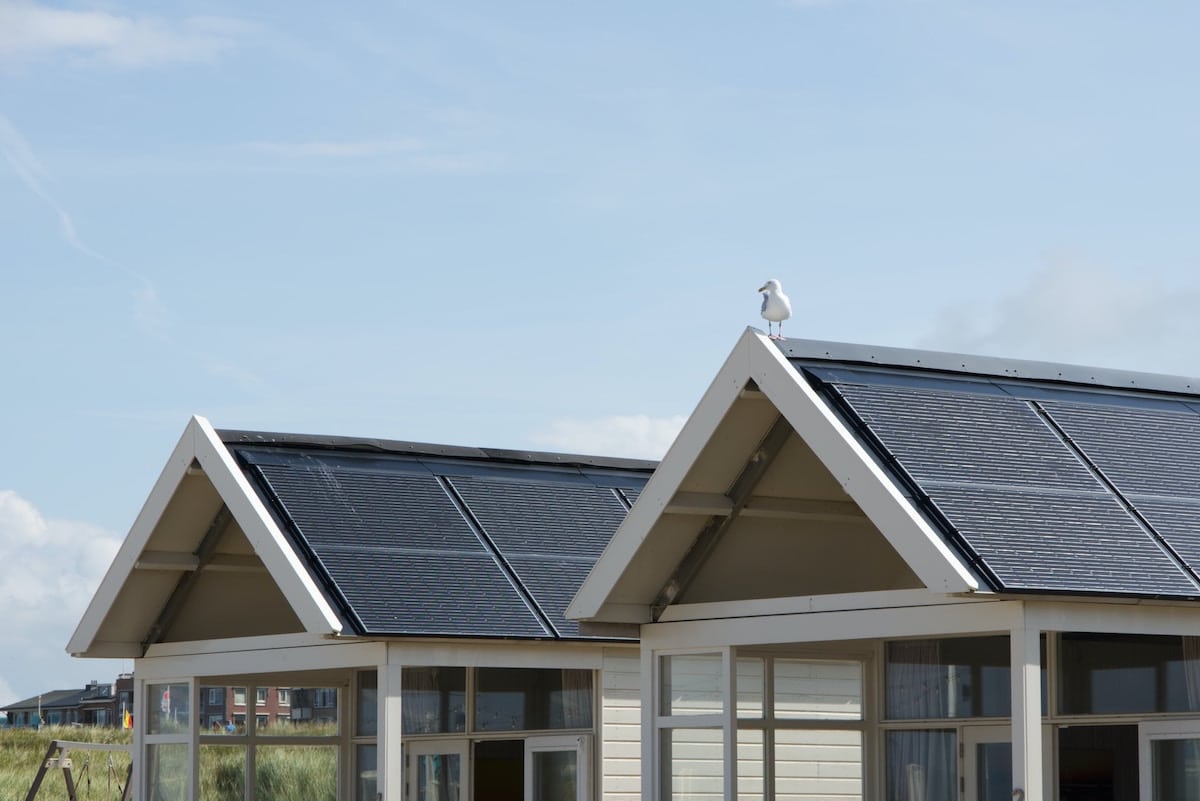Table of Contents
If you’re considering installing solar panels, there are many factors to consider. Your energy bill, location, and incentives can all impact your investment decision.
The best way to answer the question, “Is installing solar panels worth the investment?” is with a cost-benefit analysis. We’ll review some critical factors affecting your financial return on investment (ROI). These include costs, energy savings, tax benefits, and maintenance.
Cost
Solar panel costs vary based on the size of the system you’re looking to install, the type of panels you choose, and your location. It is estimated that a 10 kW system costs somewhere between $10,000 and $26,000 (CAD 13,000 and CAD 33,700).
The cost of a solar system can be broken down into three main areas: equipment fees, installation labor, and overhead. The equipment fees include solar panels, inverters, batteries, and mounting hardware.
Almost half of the overall cost of a solar system will be equipment expenses. The cost of solar panels, inverters, and other equipment is usually calculated as a per-watt rate.
Solar systems can pay for themselves in less than 20 years, especially if you live in an area that averages more sunlight hours and has good net metering policies. If you use more electricity than you produce, the utility will feed it back into the grid, and you’ll receive credit on your bill.
Energy Savings
When it comes to energy, solar panels can save a lot of money for homeowners. The average American household consumes 10,632 kilowatt-hours (kWh) of electricity annually. That amount multiplied by the national average rate ($0.16 per kWh) can mean that families pay a lot monthly for their electric bills.
Fortunately, solar systems calculate energy consumption differently than your local power company. They can produce more electricity during the day than you consume and send that excess electricity back to your local utility provider via net metering.
You can also use your unused net metering credits to purchase electricity from the grid when your solar panels aren’t producing enough energy to power your home. This is a great way to extend the life of your system and reduce the costs of your solar panel installation.
Tax Benefits
Several tax benefits can be achieved with solar panels. The most prominent are tax credits, which can considerably lower the installation’s final cost.
Solar systems may also not be subject to property taxes in some localities. A few states also provide refunds that help lower expenses.
You may claim 30% of the cost of a solar system as a tax credit on your income taxes, thanks to the federal solar investment tax credit (ITC). If Congress doesn’t extend it, this incentive expires in 2023.
This tax credit is non-refundable but can be rolled over to a subsequent year. It can also reduce your state or local income tax liability, though it does not reduce the amount of your tax refund. This means it is essential to carefully plan your tax installments and total tax liability if you want to take full advantage of this credit.
Maintenance
Solar panels are an excellent investment for lowering energy bills and making you more self-sufficient. However, like any other system, they require maintenance and cleaning to keep them running at their best.
It’s essential to track your energy output closely to spot any maintenance needs, and you can do this with a monitoring program from your solar company. Any prolonged drop in production indicates that your solar panels need a maintenance check.
This is why some solar companies offer an operations and maintenance (O&M) package. These packages include cleaning, electrical checks, and pest control measures to ensure your panels stay in good working order.
Preventive maintenance is the key to reducing repair costs, increasing asset lifespan, and extending equipment life. This is especially true for high-value production equipment such as 3D printers and microelectronics.
Image Credit: Photo by Mischa Frank on Unsplash


